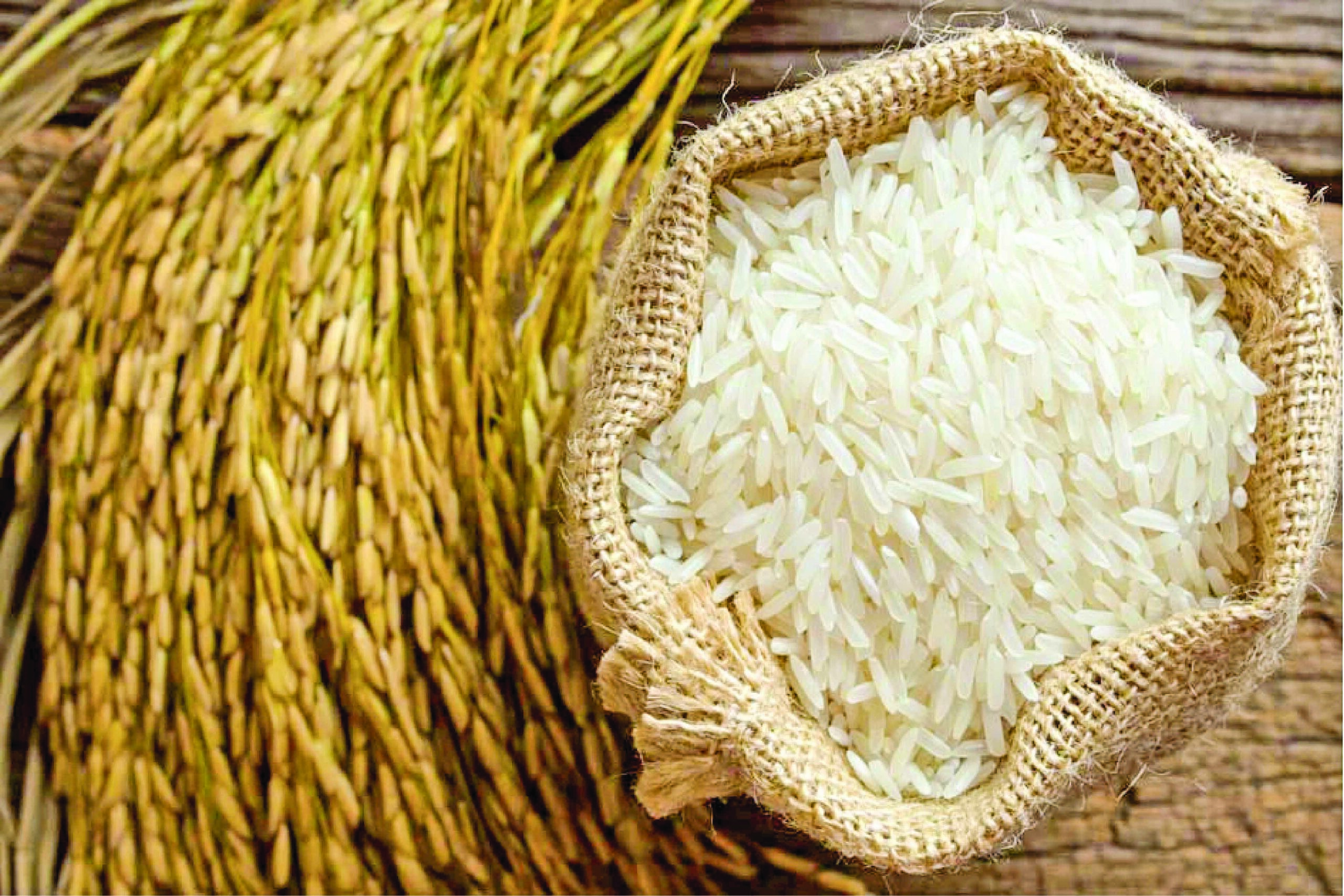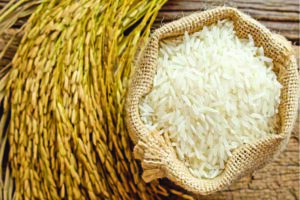Basmati farmers in Haryana are facing significant financial losses due to a sharp decline in the prices of basmati paddy in local mandis. Ground reports from key districts like Kurukshetra, Ambala, Kaithal, Yamunanagar and Karnal reveal that farmers are being forced to sell early sown varieties of Basmati paddy at prices ranging from Rs 2,000 to Rs 2,600 per quintal— a steep drop from last year’s Rs 3,500 per quintal.
This drastic price fall comes even after the Union government withdrew the Minimum Export Price (MEP) of $950 per tonne on basmati rice exports. While this move benefits rice traders and millers who are set to gain from soaring international demand, it has left farmers grappling with substantial losses.
According to the Agricultural & Processed Food Products Export Development Authority (APEDA), basmati prices in the global market have surged to $1,037 per tonne this year, compared to $917 last year. By the end of July 2024, India exported 19.17 lakh tonne of basmati rice, valued at Rs 16,997 crore.
Despite this booming international trade, farmers are selling their produce at lower rates to private traders, who are capitalising on the situation by paying less while earning substantial profits from exports.
For farmers like Ramesh Chand, who sold his five-acre produce at Rs 2,400 per quintal in Kurukshetra’s Ladwa grain market, the situation is dire. “No trader was willing to pay more. It’s pure monopoly. We can’t take our produce back from the mandis,” he lamented, expressing frustration over the helplessness of farmers caught in the grip of price manipulation by traders.
Another farmer, Jagir Singh, echoed this sentiment, calling the situation “open loot” by traders. “Traders aren’t even paying the Minimum Support Price (MSP set for Parmal rice. They will make huge profits from this, and the government has no control,” he said. Singh also criticized the government’s decision to remove the MEP cap without ensuring protection for farmers, stating, “When the government removed the MEP, it should have mandated that traders buy paddy at no less than Rs 3,000 per quintal. This could have saved farmers from losses in lack of a base price”
Commission agents (ahrtiyas) in Haryana have observed price fluctuations in the market, with rates briefly touching over Rs 3,000 per quintal after the MEP was lifted. However, they noted that prices have since dropped again, with traders showing little interest in competitive bidding. This inconsistent pricing leaves farmers vulnerable to market exploitation, with little recourse to safeguard their earnings. For traders and rice millers, however, the situation presents an opportunity for massive gains. As international demand for basmati rice reaches its peak, exporters are set to benefit from the removal of the MEP, allowing them to capitalize on the global market surge.
The timing of the MEP removal is also significant, coming just ahead of Haryana’s assembly elections. The state, which is one of India’s largest producers of Basmati rice, has seen the government roll back export restrictions in a move widely perceived as a boost for rice traders and millers.
Initially, the MEP was introduced in August last year to curb the illegal export of non-Basmati rice. The price was first set at $1,200 per ton before being lowered to $950 in October 2023, following protests by the All India Rice Exporters Association (AIREA).
Despite these restrictions, India’s Basmati exports surged by 25% during the 2023-24 fiscal year, generating Rs 48,389 crore in revenue.
As Haryana prepares for its assembly elections, the plight of basmati farmers is likely to become a focal point, with growing calls for more stringent government intervention to protect the livelihoods of those who are bearing the brunt of market fluctuations.














